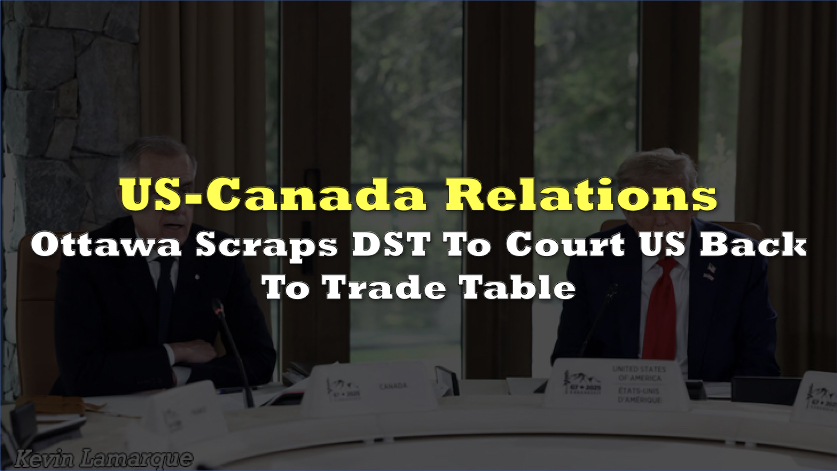Canada is set to join the ranks of countries implementing a Digital Services Tax (DST) within the past three years, despite opposition from the United States and concerns voiced by Canadian businesses.
The Canadian government initially unveiled plans for a DST in its 2021 budget but temporarily suspended them to assess the outcome of the OECD global tax deal negotiations.
In early August, the Canadian Department of Finance revived its efforts by releasing a revised draft of the DST for public feedback. Under this proposal, the DST would impose a 3 percent tax on revenues generated by tech companies with annual worldwide revenues of at least €750 million (US$818 million) and Canadian revenues of CA$20 million (US$14.8 million).
This tax would apply to Canadian in-scope revenues exceeding CA$20 million and is expected to take effect retroactively from January 1, 2022, with enactment set for January 1, 2024.
Critics argue that DSTs, unlike corporate income taxes, are based on revenues rather than profits, resulting in a disproportionate tax burden on companies with lower profit margins. Additionally, DSTs discriminate in favor of larger multinational corporations due to their revenue thresholds.
Canadian businesses have expressed concerns that the proposed DST would harm them and strain relations with the U.S. Moreover, it may violate Canada’s obligations under trade agreements like the Canada-US-Mexico Agreement (CUSMA) and the World Trade Organization (WTO).
Internationally, negotiations are ongoing to address the issue of DSTs. The OECD’s Pillar One initiative aims to allocate taxing rights over a portion of profits made by multinational corporations in various jurisdictions, regardless of their physical presence. This initiative was expected to replace existing DSTs and prevent new ones from emerging.
In July 2023, 138 countries agreed to extend the DST moratorium for an additional year to progress with Pillar One. However, Canada, while supporting Pillar One, did not join this extension, fearing a competitive disadvantage compared to countries with existing DSTs.
The implementation of Pillar One relies on a significant number of countries ratifying the treaty, including the US, where ratification is uncertain. Despite these efforts, unilateral DSTs like Canada’s may persist even if Pillar One is enacted. The removal of DSTs will depend on the tax revenue outcomes of Pillar One negotiations.
Information for this story was found via Tax Foundation, and the sources and companies mentioned. The author has no securities or affiliations related to the organizations discussed. Not a recommendation to buy or sell. Always do additional research and consult a professional before purchasing a security. The author holds no licenses.







